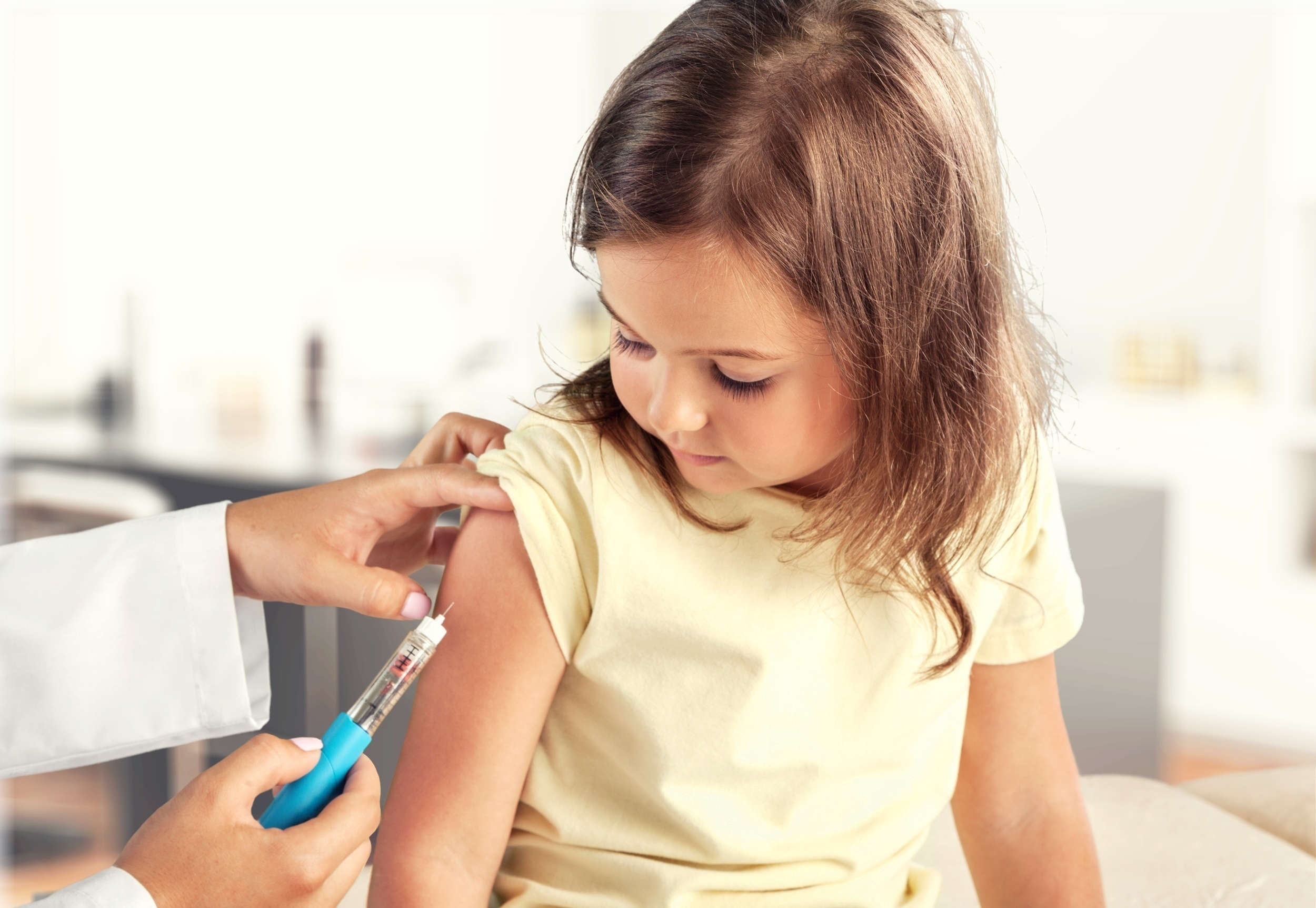
“No vaccine, no school”
Italian children have been told not turn up to school unless they can prove they have been vaccinated. The deadline follows months of national debate over compulsory vaccination.

Parents risk being fined up to €500 (£425) if they sent their unvaccinated children to school. Children under six can be turned away. The new law came into action when there was a rise in measles cases, Italian officials say vaccination rates have been improved since it was introduced.
Under the Italy’s ‘Lorenzin law’ children must receive a range of mandatory immunisations before attending school. These are vaccinations for chickenpox, polio, measles, mumps and rubella. Children up to the age of six will be excluded from nursery and kindergarten without proof of vaccination under the new rules. Those aged between six and 16 cannot be banned from attending school but their parents face fines if they do not do the mandatory immunisations.
The deadline for certification was due March 10 after a previous delay but as it fell on a weekend it was extended to Monday.
Health Minister Giulia Grillo told La Repubblica newspaper said: “Now everyone has had time to catch up”.
The new law was passed to raise Italy’s plummeting vaccination rates from below 80% to the World Health Organisation’s 95% target. The 95% target will mean enough of the population are vaccinated which will help the stop the spread of disease to become unlikely.
In September, around a thousand Italian children with impaired immune system were forced to stay at home since they were not sure their classmates were vaccinated or not. Now every child who enters the rooms will be vaccinated which allows children with weak immune systems return to school.
Between January and December 2018 there was 2,157 measles cases, this left them fifth highest out of European countries. Measles is a highly infectious viral illness that can sometimes lead to serious health complications including infections of the lungs and brain.